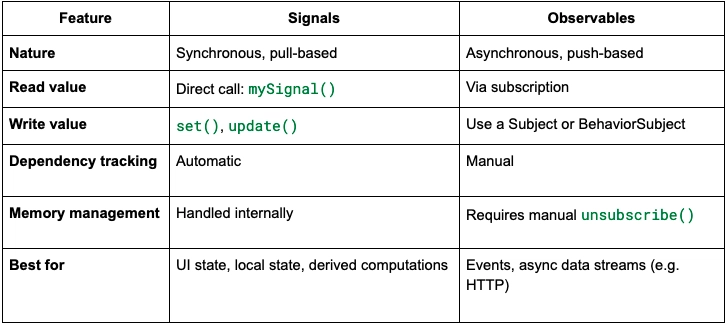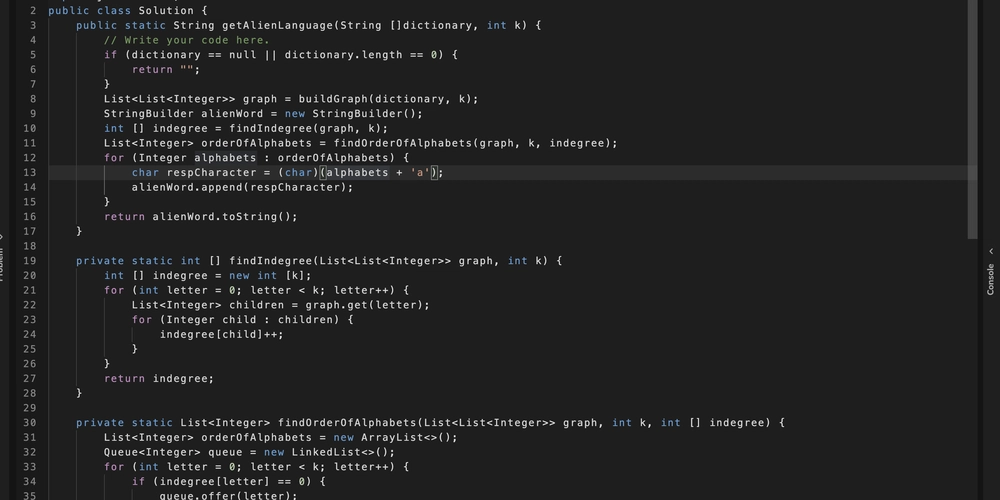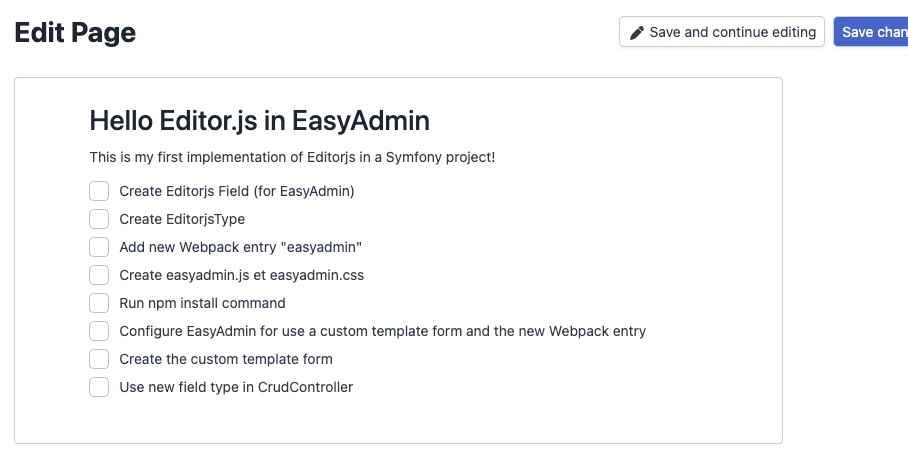Understanding Redux Internals: How It Works Under the Hood
Redux is a widely used state management library in the React ecosystem, known for its predictable state updates and unidirectional data flow. While most developers use Redux with actions, reducers, and the useSelector/useDispatch hooks, few dive deep into how Redux actually works under the hood. In this blog, we’ll peel back the layers of Redux and explore its core principles, including how actions are processed, how reducers update the state, and how the store efficiently notifies subscribers. By the end, you’ll have a deeper understanding of Redux’s internals, allowing you to debug issues more effectively and even build a simplified version of Redux yourself! Let’s dive in.

Redux is a widely used state management library in the React ecosystem, known for its predictable state updates and unidirectional data flow. While most developers use Redux with actions, reducers, and the useSelector/useDispatch hooks, few dive deep into how Redux actually works under the hood.
In this blog, we’ll peel back the layers of Redux and explore its core principles, including how actions are processed, how reducers update the state, and how the store efficiently notifies subscribers. By the end, you’ll have a deeper understanding of Redux’s internals, allowing you to debug issues more effectively and even build a simplified version of Redux yourself!
Let’s dive in.









































































































































































![[The AI Show Episode 142]: ChatGPT’s New Image Generator, Studio Ghibli Craze and Backlash, Gemini 2.5, OpenAI Academy, 4o Updates, Vibe Marketing & xAI Acquires X](https://www.marketingaiinstitute.com/hubfs/ep%20142%20cover.png)


























































































































![[FREE EBOOKS] The Kubernetes Bible, The Ultimate Linux Shell Scripting Guide & Four More Best Selling Titles](https://www.javacodegeeks.com/wp-content/uploads/2012/12/jcg-logo.jpg)



![From drop-out to software architect with Jason Lengstorf [Podcast #167]](https://cdn.hashnode.com/res/hashnode/image/upload/v1743796461357/f3d19cd7-e6f5-4d7c-8bfc-eb974bc8da68.png?#)







































































































.png?#)




.jpg?#)


















 (1).webp?#)













_Christophe_Coat_Alamy.jpg?#)







































































































![Rapidus in Talks With Apple as It Accelerates Toward 2nm Chip Production [Report]](https://www.iclarified.com/images/news/96937/96937/96937-640.jpg)









































































































































